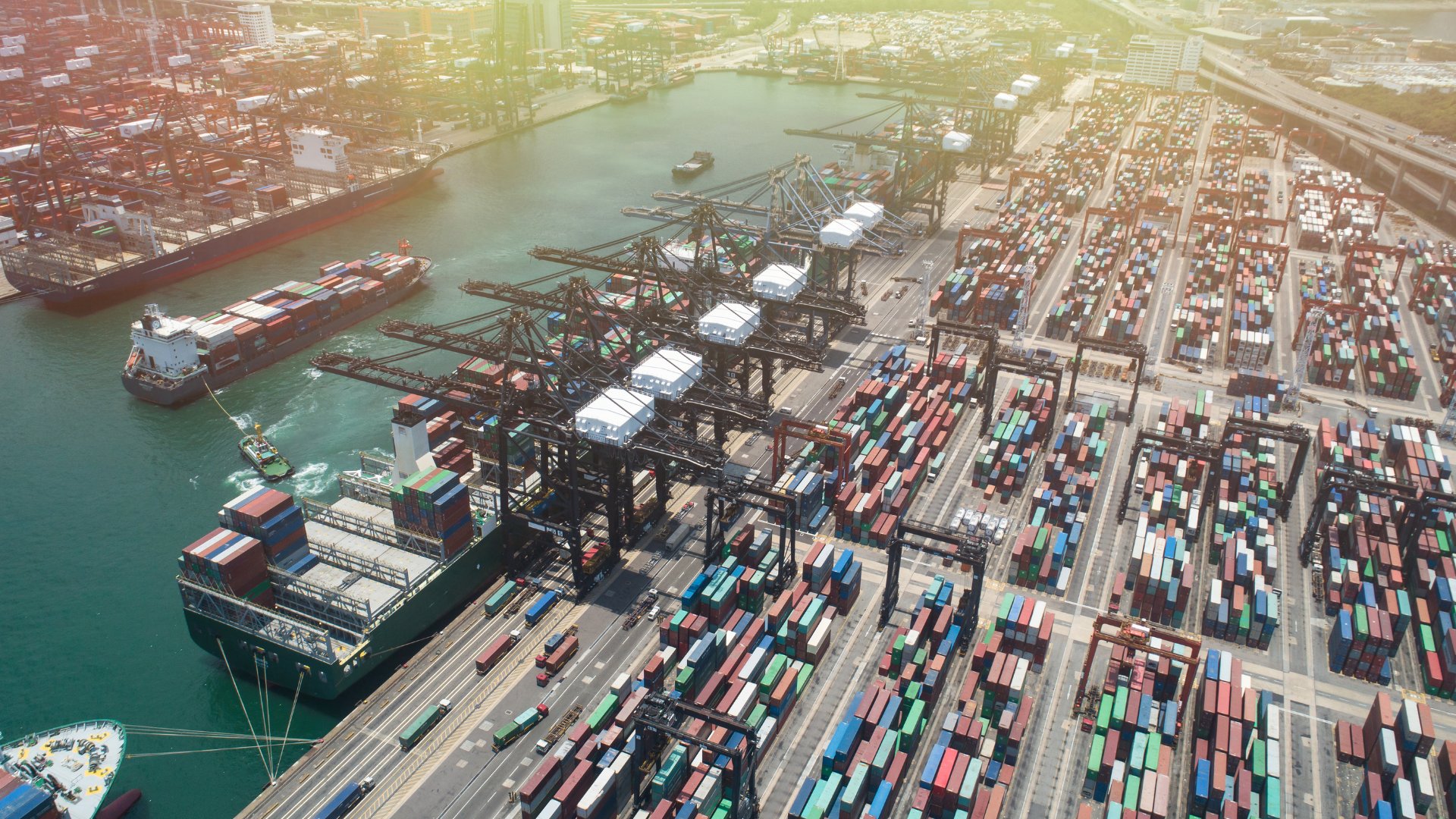Access Partnership is proud to have developed “The State of APEC Supply Chains” report in partnership with the National Center for APEC (NCAPEC). This report is launched in conjunction with the APEC Business Advisory Council (ABAC) CEO Summit in November 2023.
This report was prepared by Access Partnership and features insights developed through extensive consultation with lead firms across APEC and analysis of publicly available trade data. It highlights four key product segments: consumer goods, consumer technology, food, and healthcare.
This report has also received outstanding contributions from UPS and Johnson & Johnson (J&J) and features an exclusive survey of over 1,200 firms across 15 APEC markets to understand the current state of resilience in the four key product segments.
The top 5 takeaways of the report are:
- APEC’s supply chains are long, complex, and susceptible to disruptions. Deepening globalisation has led to more businesses engaging in an increasingly complex network of trade. Supply chains across the four key product segments vary significantly in their design and operation.
- Recent disruptions offer lessons for policymakers and businesses. First-hand accounts of multinational corporations – the lead firms in supply chains – provide policymakers and other businesses an opportunity to learn and prepare for future crises.
- Post-pandemic, supply chains in APEC are more resilient – but they show cracks. Across five key dimensions of resilience, firms in APEC have mostly invested in greater supply chain visibility while shoring up their business models after the pandemic. However, the majority remain vulnerable in terms of flexibility and connectivity.
- Five strategies for APEC to strengthen supply chains. These include ensuring the flow of trade and cross-border movement are maintained during disruptions; establishing a platform for regional cooperation and future-readiness; digitising documentation, processes and logistics services; strengthening the region’s infrastructure and transportation connectivity; and developing a framework for capacity building for micro, small, and medium-sized enterprises (MSMEs).
- Five strategies for firms to strengthen supply chains. These include measuring supply chain resilience today; diversifying products, customers, and suppliers; maintaining a “portfolio” of transportation options; creating more visibility, aligning with industry best practices; and joining industry advocacy efforts.
Should you have any questions on this study, please contact [email protected].


Authors












